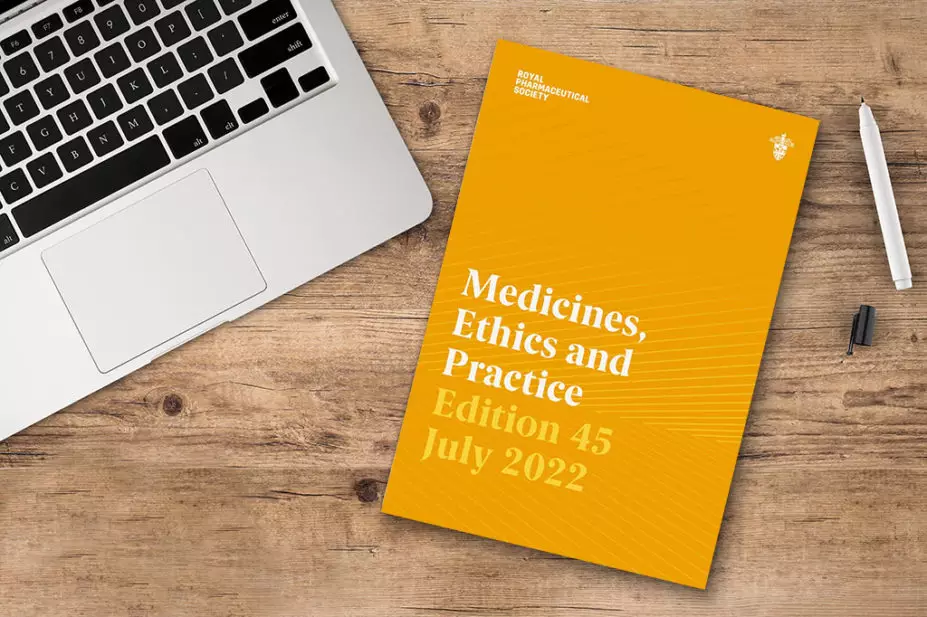
McLean/Shutterstock.com
The latest edition of Medicines, Ethics and Practice (MEP) features new sections on sustainability and risk management.
This latest iteration marks the 45th edition of MEP, which is published by the Royal Pharmaceutical Society (RPS) each year as a guide to good practice, aiming to offer practical tools to help pharmacy teams make the best decisions.
The new guidance on sustainability reminds pharmacists that they have a “professional responsibility to ensure more sustainable use of medicines”, and to help decrease the overall carbon footprint of pharmaceutical care.
To help teams put this into practice, it points to the RPS’s four sustainability policies and advice from the Pharmaceutical Group of the European Union, NHS England and the Carbon Trust.
A new section on risk management gives advice on how to conduct an effective risk assessment. Among practical advice, it notes that while “risk management in pharmacy practice is essential as part of effective governance”, when taking preventative measures it is important to remember that “you do not always need to eliminate a risk, just reduce it to a reasonable level”.
The MEP also directs pharmacists for the first time to National Institute for Health and Care Excellence and National Services Scotland guidance on provision of needle exchange services for people who inject drugs.
“When delivering these services pharmacists are expected to behave in a non-judgemental manner using the appropriate language, maintaining confidentiality and remembering the importance of harm reduction for the service users,” it says.
Updates to existing sections for MEP 45 include information on complaints about RPS members use of social media, noting that complaints about the opinions expressed or content shared by an RPS member on a social media platform should be “reported to the social media platform directly or, where relevant, to the police”.
“[The RPS] will not routinely take action to undermine any members right to challenge and/or criticise any action of RPS,” it adds.
Rakhee Amin, senior professional standards pharmacist at the RPS, who led on this year’s MEP updates, said the new sustainability section was added “as we want to help pharmacists play an important role in reducing the environmental impact their pharmacy-related work has on climate change”.
“To be able to deliver needle exchange services or injectable equipment provision services safely and competently, pharmacists are expected to be aware of national and local guidelines, which we have made reference to in a new section within MEP 45,” Amin added.
All RPS members can access the MEP on the RPS website, and a printed copy has been posted to all practising pharmacists and foundation trainees in Great Britain.
- This article was amended on 15 August 2022 to clarify who has received postal copies of the MEP


